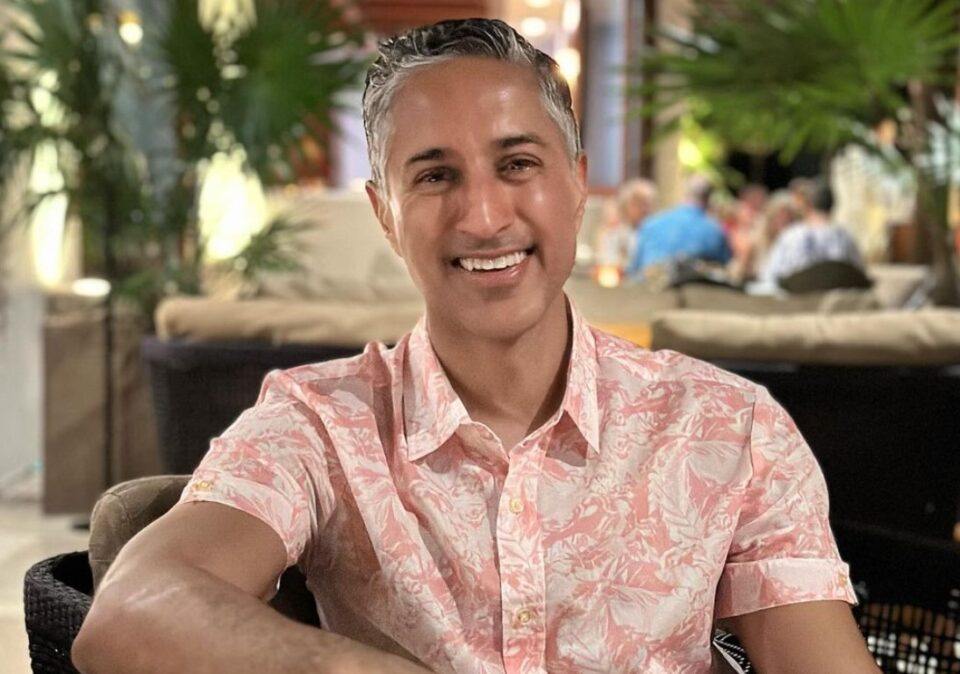NRI PULSE STAFF REPORT
Cover photo credit: Maulik Pancholy/Instagram
April 21, 2024: In a controversial move, the Cumberland Valley School District in Pennsylvania voted unanimously to cancel an upcoming author visit at Mountain View Middle School. The scheduled speaker, Maulik Pancholy, an openly gay Indian American actor and author, found his invitation rescinded amidst concerns raised by certain board members regarding his “activism” and “lifestyle”.
Pancholy, known for his roles in popular TV shows and movies such as ’30 Rock’ and ‘Phineas and Ferb’, as well as his award-winning books ‘The Best At It’ and ‘Nikhil Out Loud’, had been invited to engage with students about his literary work. However, the decision to cancel his speech was met with criticism from both within and outside the school community.
Bud Shaffner, a board member, voiced discomfort over what he perceived as the imposition of Pancholy’s identity on the students. Despite Pancholy’s assurances that his speech would not focus on LGBTQ+ issues, concerns about his “activism” persisted among some members of the board.
In response to the cancellation, Maulik Pancholy took to social media to express his disappointment and solidarity with the Mountain View Middle School community. Emphasizing the importance of representation in literature, particularly for marginalized groups, Pancholy reiterated his intention to let young people know that they are seen and valued.
” My heart goes out to the entire Mountain View Middle School community, and particularly to the students,” he said. “Both of my books – The Best At It (Stonewall Honor Winner) and Nikhil Out Loud (Lambda Literary Award Winner) – are stories that reflect the full, complicated, and wonderful lives of middle school students. As a middle schooler, I never saw myself represented in the stories around me. I couldn’t find books that featured South Asian-American or LGBTQ+ characters. They didn’t exist. And when I set out to write my own novels so many years later, I was still hard-pressed to find those stories. It’s why I wrote my books in the first place.”
He added that representation matters. “When I visit schools, my “activism” is to let all young people know that they’re seen. To let them know that they matter. When I talk about the characters in my books feeling “different,” I’m always surprised by how many young people raise their hands – regardless of their identities and backgrounds – wanting to share about the ways in which they, too, feel different,” he said.
The decision by the school board has sparked widespread criticism, with many viewing it as a form of discrimination disguised as concern for students’ well-being. Staff and administrators of the school expressed disappointment over the decision, highlighting a disconnect between the board’s stance and the values of inclusivity and diversity upheld by the school community.





